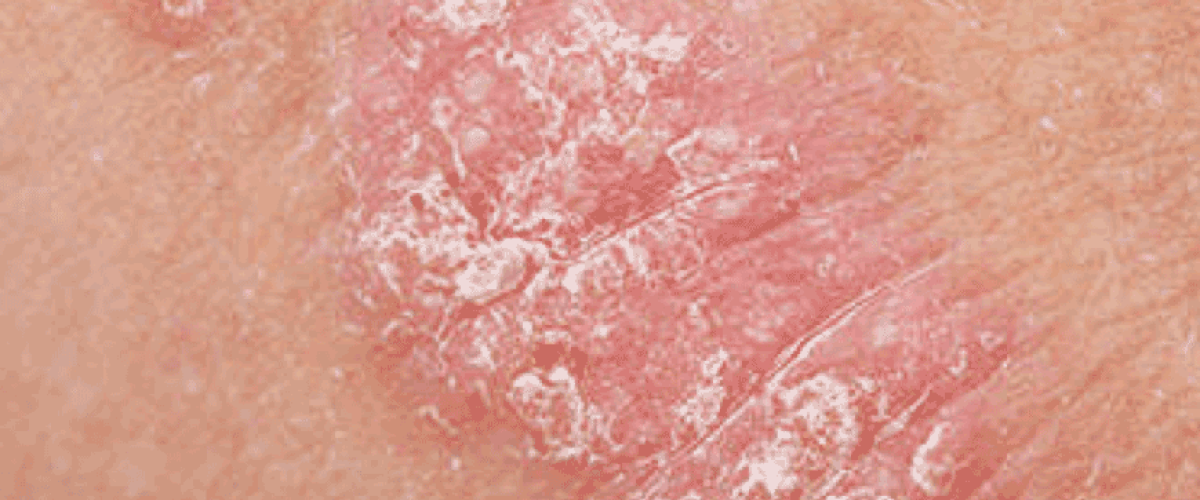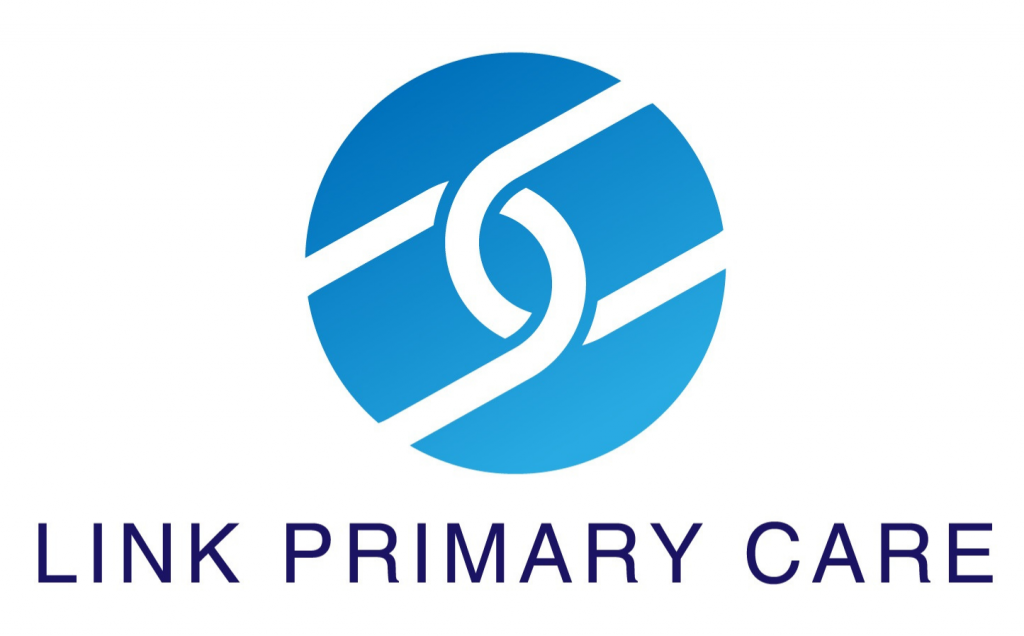Psoriasis is a chronic skin condition that causes thick, scaly patches on the skin, and it affects millions of people worldwide. It’s more than just a skin issue; it’s an immune-mediated disease that can significantly impact physical and emotional well-being. While there’s no cure for psoriasis, effective treatments can help manage symptoms and improve quality of life, and you need a good physician partner to diagnose and treat psoriasis.
In this blog post, we’ll explore everything you need to know about psoriasis. We’ll discuss its causes, symptoms, triggers, and available treatments. Plus, we’ll highlight how Link Primary Care clinic offers fast, affordable, and compassionate care for managing chronic conditions like psoriasis.
For more information about psoriasis, here’s a link to the American Academy of Dermatology website: https://www.aad.org/public/diseases/psoriasis
What Is Psoriasis?
Psoriasis is a chronic autoimmune condition that causes rapid skin cell turnover. This leads to the buildup of thick, scaly patches on the skin. These patches, called plaques, are often red, itchy, and inflamed.
Psoriasis is not contagious, but it’s a lifelong condition that can flare up periodically. The severity of psoriasis varies from person to person, ranging from small patches to widespread plaques.
Types of Psoriasis
There are several types of psoriasis, each with distinct characteristics:
1. Plaque Psoriasis
- The most common type, affecting about 80-90% of people with psoriasis.
- Causes raised, red patches with silvery-white scales.
2. Guttate Psoriasis
- Often triggered by infections (like strep throat).
- Appears as small, scaly drop-shaped spots on the skin.
3. Inverse Psoriasis
- Found in skin folds, such as under the breasts or around the groin.
- Causes smooth, red patches that may worsen with friction or sweating.
4. Pustular Psoriasis
- Characterized by white pustules (blisters) surrounded by red skin.
- Can occur on specific areas, like the hands and feet, or be widespread.
What Causes Psoriasis?
Psoriasis is caused by an overactive immune system. In people with psoriasis, the immune system mistakenly attacks healthy skin cells, triggering rapid skin cell production. This leads to the buildup of plaques on the skin.
Several factors can contribute to the development of psoriasis, including:
- Genetics: A family history of psoriasis increases your risk.
- Immune System Dysfunction: Autoimmune activity plays a key role in the condition.
- Environmental Triggers: Factors like stress, infections, or injuries can trigger flare-ups.
Common Triggers of Psoriasis
Certain triggers can cause psoriasis to flare or worsen. Identifying and avoiding these triggers is crucial for management. Common triggers include:
- Stress: Emotional or physical stress can exacerbate symptoms.
- Infections: Strep throat and other infections can trigger guttate psoriasis.
- Injury to the Skin: Cuts, scrapes, or sunburn can cause new plaques to form.
- Weather: Cold, dry weather can worsen symptoms.
- Medications: Certain drugs, like beta-blockers and lithium, can trigger flares.
- Alcohol and Smoking: Both are linked to increased severity of psoriasis.
Symptoms of Psoriasis
Psoriasis symptoms vary depending on the type and severity. Common symptoms include:
- Red, inflamed skin patches covered with silvery scales.
- Dry, cracked skin that may bleed.
- Itching, burning, or soreness around affected areas.
- Thickened, ridged, or pitted nails.
- Stiff or swollen joints (in cases of psoriatic arthritis).
Symptoms can appear anywhere on the body but are most common on the scalp, elbows, knees, and lower back.
Treatment Options for Psoriasis
While there’s no cure for psoriasis, treatments can help manage symptoms and reduce flares.
1. Topical Treatments
- Corticosteroids: Reduce inflammation and itching.
- Vitamin D Analogues: Slow skin cell growth.
- Coal Tar: Relieves itching and scaling.
- Salicylic Acid: Removes scales and softens skin.
2. Phototherapy (Light Therapy)
- Uses ultraviolet (UV) light to reduce inflammation and slow skin cell growth.
3. Systemic Medications
- Oral or Injectable Medications: Used for moderate to severe psoriasis.
- Includes drugs like methotrexate, cyclosporine, and biologics.
- Biologics target specific parts of the immune system to reduce inflammation.
4. Lifestyle Changes
- Healthy habits can complement medical treatments. Suggestions include:
- Maintaining a balanced diet.
- Staying hydrated.
- Avoiding triggers like alcohol or smoking.
- Managing stress through relaxation techniques.
Self-Care Tips for Managing Psoriasis
In addition to medical treatments, self-care can play a vital role in managing psoriasis:
- Moisturize Daily: Use thick creams or ointments to keep skin hydrated.
- Take Warm Baths: Adding Epsom salts or oatmeal can soothe itching.
- Protect Your Skin: Use sunscreen to prevent sunburns, which can trigger flares.
- Track Your Triggers: Keep a journal to identify and avoid triggers.
Take Control of Your Psoriasis Today
Psoriasis doesn’t have to control your life. With the right care and support, you can manage symptoms, reduce flares, and improve your quality of life. Let’s work together to create a personalized plan that fits your needs and lifestyle.
Schedule a one-on-one consultation with Dr. Jeffrey Davis using the following link:
https://calendly.com/jeffreydavis-linkprimarycare/link-primary-care-meeting
Get more information on our website at linkprimarycare.com


